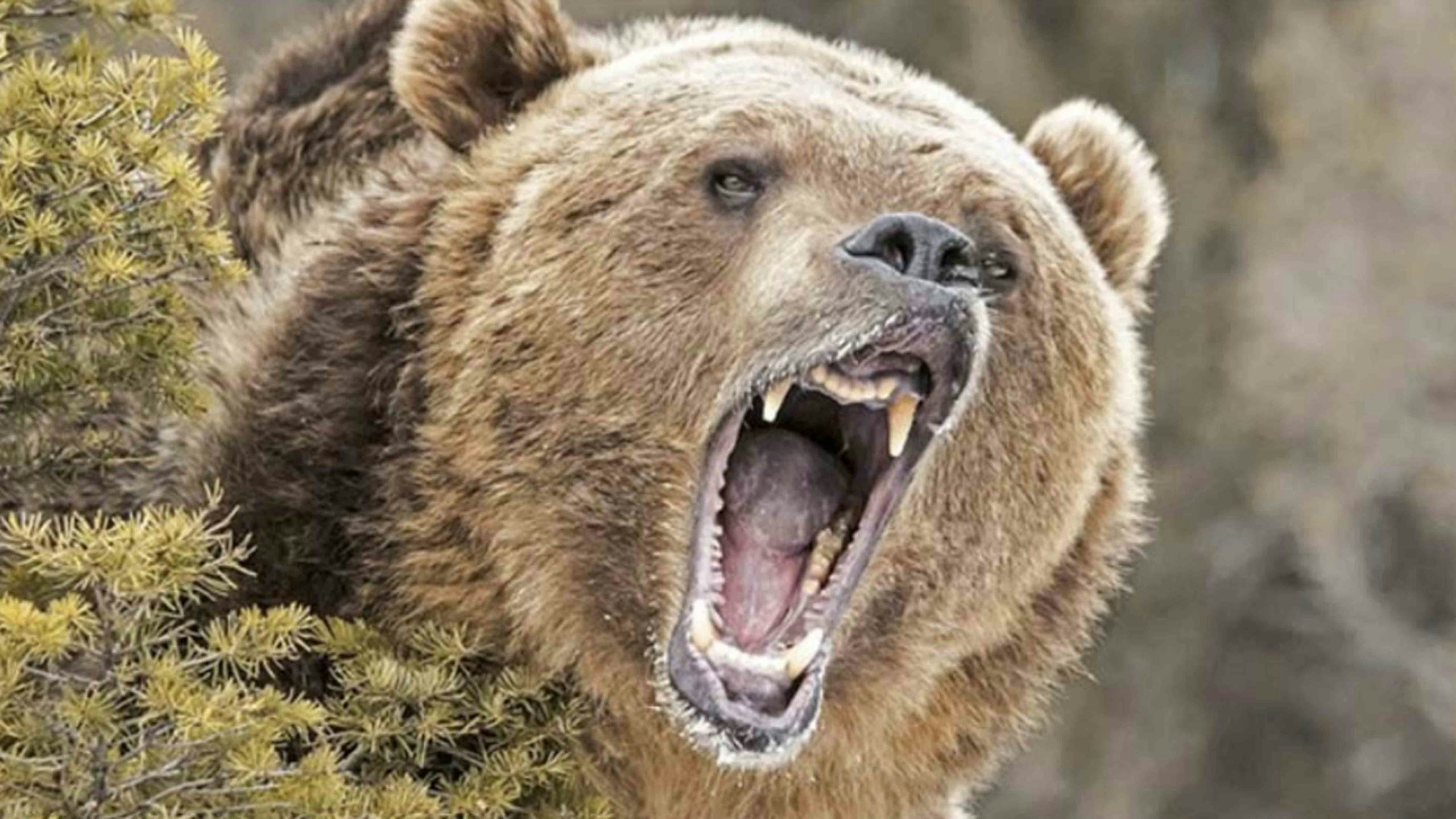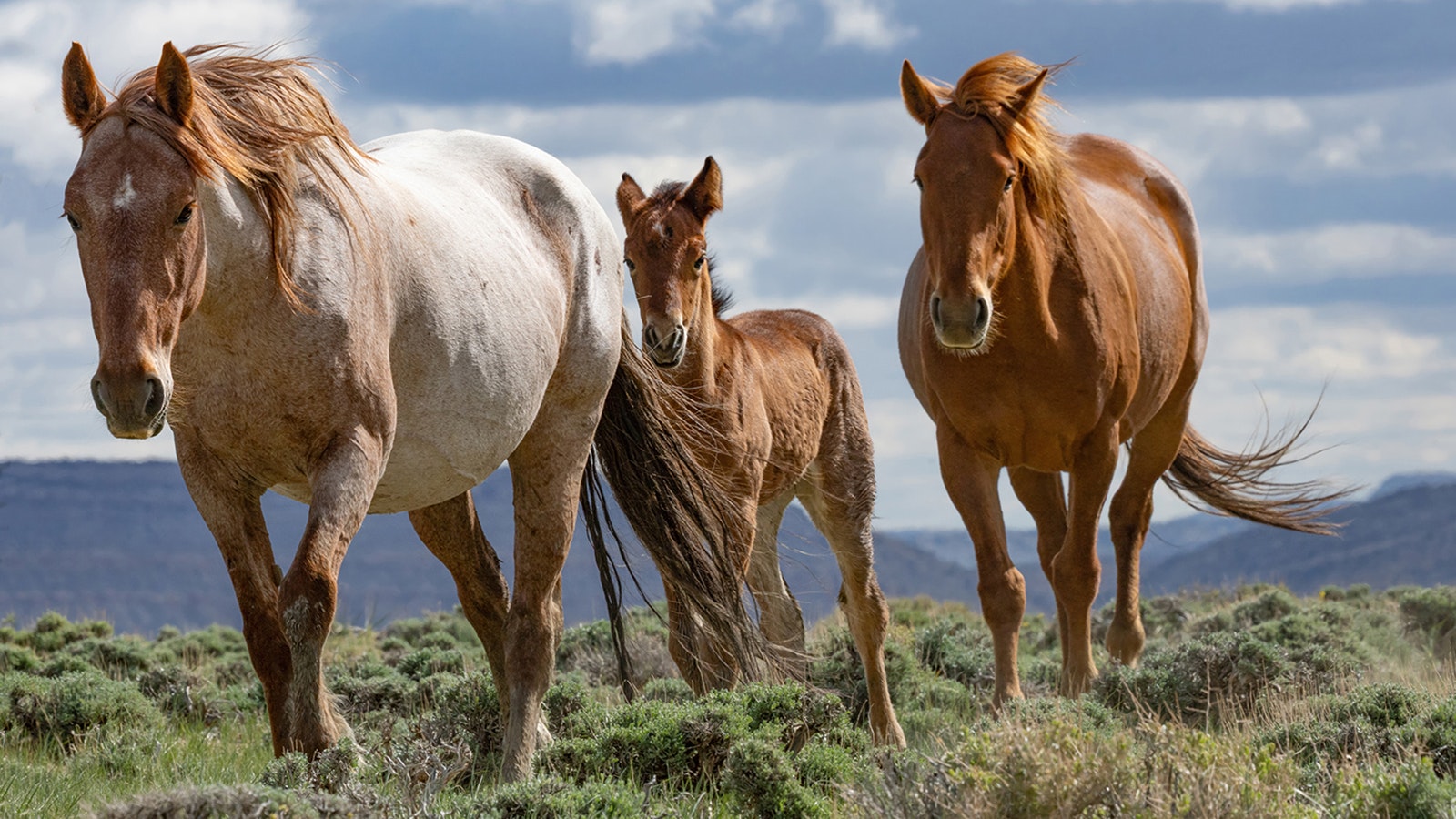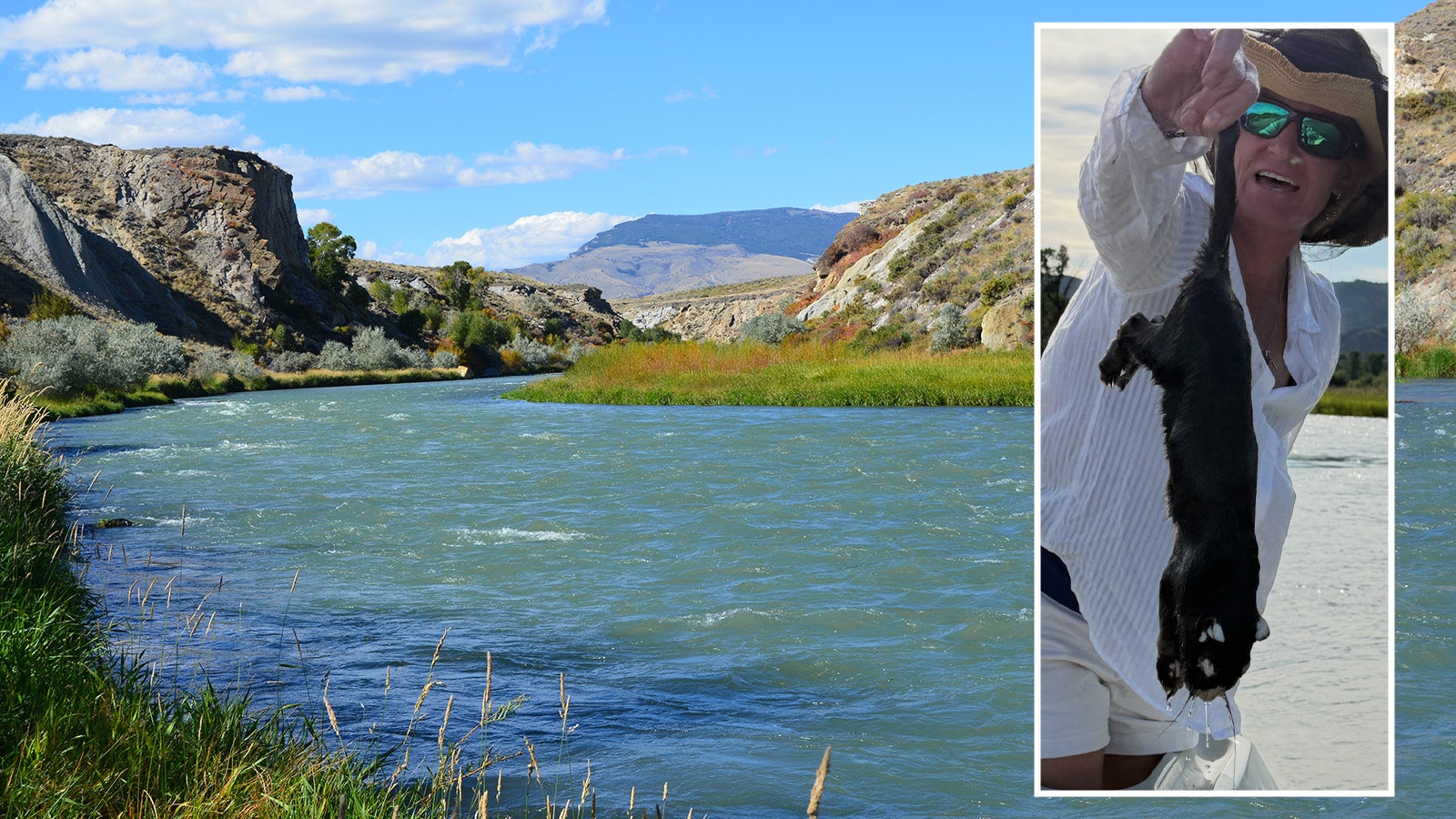Grizzly bears in the Yellowstone National Park areas have recovered and should be removed from the endangered species list, U.S. Sen. Mike Enzi said this week.
Enzi addressed the Senate Environment and Public Works Committee in support of his bill S.614, the Grizzly Bear State Management Act, which he introduced in February 2019.
The bill would direct the Department of the Interior to re-issue its 2017 decision to remove grizzly bears in the Greater Yellowstone Ecosystem from the endangered species list and prohibit further judicial review of this decision. It would also turn management of the grizzlies over to the states.
“Wildlife experts and federal officials agree that the grizzly bears in Greater Yellowstone Ecosystem have been fully recovered for years,” Enzi said in his testimony at the hearing. “Senseless litigation still continues to hinder the effective state management and protection of the species.”
The grizzly bear was first listed on the federal threatened species list in 1975.
In 2017, the U.S. Fish and Wildlife Service removed grizzlies from the endangered species list, citing a significant increase in bear populations and a doubling of their range land.
In September 2018, a federal judge in Montana ordered the Fish and Wildlife Service to return the grizzly bear to the endangered species list. The state of Wyoming appealed the decision, and in July, a federal appeals court in San Francisco upheld the continued protections for the grizzly bear.
Opponents of Enzi’s bill believe the animals remain threatened despite the Fish and Wildlife Service’s findings.
“This bogus hearing shrugs off the huge threats still facing these beleaguered bears,” Stephanie Kurose, a senior endangered species policy specialist at the Center for Biological Diversity, said in a statement Wednesday. “Yellowstone’s grizzly bears are some of America’s most iconic animals and still have a long way to go before recovery. If they lose protections, it will make it much more difficult to recover other grizzly populations in Idaho and other places south of Yellowstone.
“As the world faces both a wildlife extinction crisis and a global pandemic caused by our exploitation of nature, we need to strengthen protections for our most vulnerable animals and plants, not weaken them,” she continued.
Enzi argued that while proper management of grizzly bears is critical to protecting the species, it is also critical to protect people from potential attacks, along with the species that grizzly bears prey on.
“As the grizzly bear population has increased in Wyoming, so has the danger these animals pose to livestock, property and to humans,” Enzi said. “That’s why I believe the authority to manage the species needs to be turned over to the states. I have often found that states are better suited to address these kinds of issues because they are more familiar with the unique needs of their own communities and ecosystems.”
U.S. Sen. John Barrasso is one of the co-sponsors on the management act. U.S. Rep. Liz Cheney introduced an identical companion bill in the House of Representatives last year.





